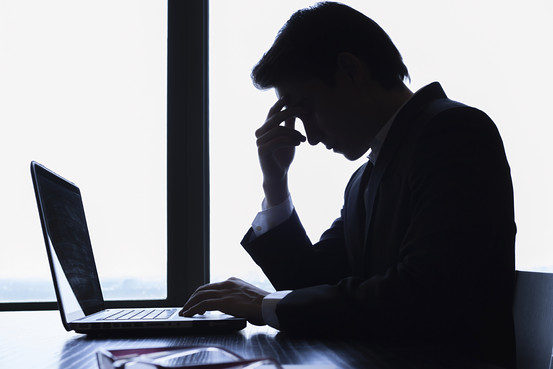My dad was an alcoholic.
He died at age 56 from too much drinking. Almost 40 years ago.
I was 19 at the time, a sophomore at a local state college. I lived upstairs from my Polish grandma who, was a big woman with arms as strong as an elephant’s trunk.
One morning, my Aunt Clara, who, with her husband Eddie (who was genuinely cross-eyed), lived with grandma downstairs, came up to tell me, “Your father died today.”
I had never heard my dad called “father.” It sounded formal, like, “The President of the United States died today.”
My dad had been ill for months. The year he died, 1981, Hospice wasn’t around. Most people, as sick as my dad with cancer and cirrhosis of the liver, met their end in the hospital.












